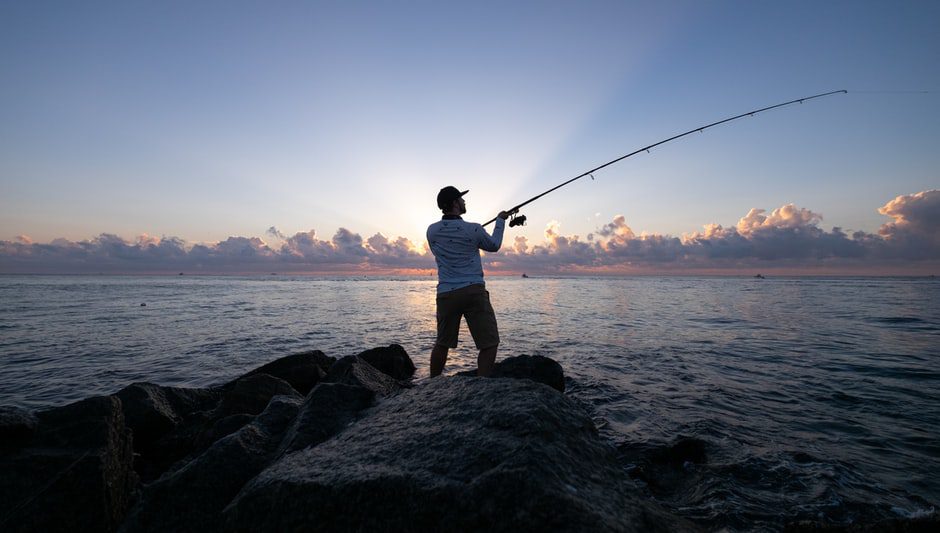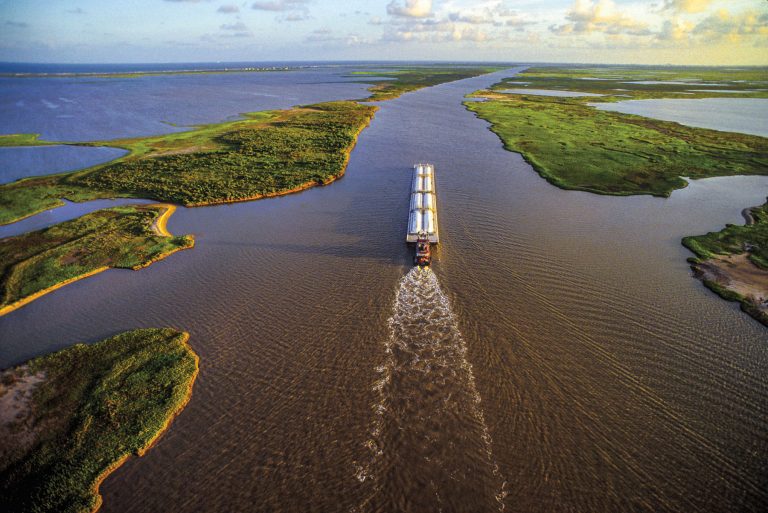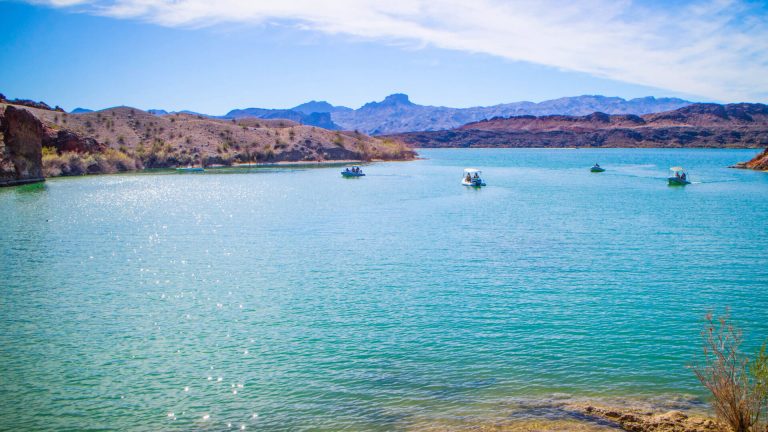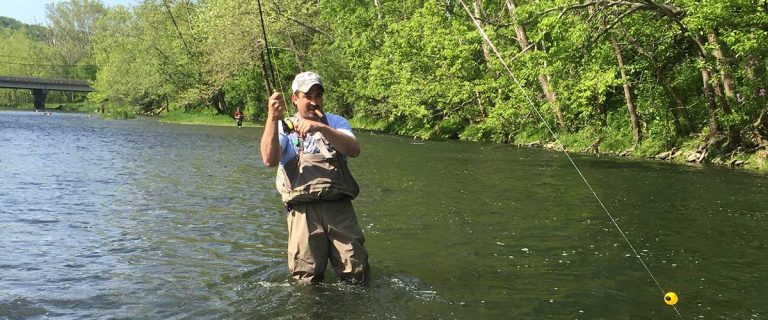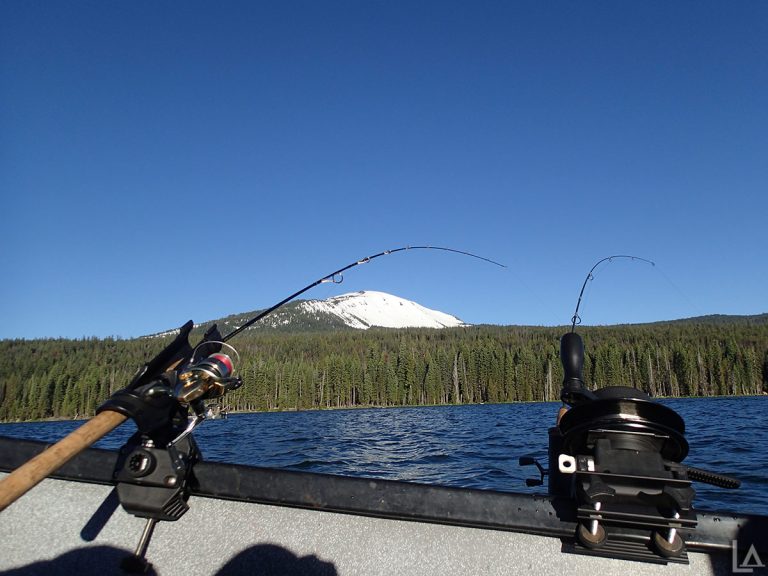Fishing in Wisconsin is more than just a pastime; it’s a cherished tradition that connects people with the state’s abundant natural resources. Whether you’re a seasoned angler or a newcomer to the sport, understanding the ins and outs of fishing licenses is crucial for a legal and enjoyable experience. This comprehensive guide will walk you through everything you need to know about fishing licenses in Wisconsin for 2025, including costs, types, and how to purchase them.
Understanding Wisconsin Fishing Licenses
In Wisconsin, the Department of Natural Resources (DNR) oversees fishing regulations and license issuance. The primary purpose of fishing licenses is to support conservation efforts, maintain healthy fish populations, and ensure sustainable fishing practices for future generations.
Who Needs a Fishing License?
Generally, anyone aged 16 or older must have a valid fishing license to fish in Wisconsin waters. However, there are a few exceptions:
- Residents and non-residents under 16 years old can fish without a license.
- Residents born before January 1, 1927, are exempt from needing a license.
- Certain military personnel and disabled veterans may be eligible for free or discounted licenses.
It’s important to note that while some individuals may be exempt from needing a license, they must still adhere to all fishing regulations, including bag limits and size restrictions.
Types of Fishing Licenses and Their Costs
Wisconsin offers a variety of fishing licenses to cater to different needs and durations of stay. Let’s break down the options for both residents and non-residents.
Resident Fishing Licenses
Residents of Wisconsin have several options when it comes to fishing licenses. Here’s a comprehensive table of resident fishing license types and their costs for 2025:
| License Type | Cost ($) |
|---|---|
| Annual License | 20.00 |
| First-Time Buyer License | 5.00 |
| One-Day License | 8.00 |
| Junior License (16 & 17 years old) | 7.00 |
| Senior Citizen License (65+) | 7.00 |
| Spousal License | 31.00 |
| Two-Day Great Lakes License* | 14.00 |
| Two-Day Inland Lake Trout License* | 14.00 |
| Sturgeon License | 20.00 |
*Includes appropriate trout/salmon stamp
Non-Resident Fishing Licenses
For visitors to Wisconsin, there are also various license options available. Here’s a table of non-resident fishing license types and their costs for 2025:
| License Type | Cost ($) |
|---|---|
| Annual License | 55.00 |
| Annual Family License | 70.00 |
| Annual First-Time License | 28.75 |
| One-Day License | 15.00 |
| Four-Day License | 29.00 |
| Fifteen-Day License | 33.00 |
| Fifteen-Day Family License | 45.00 |
| Two-Day Great Lakes License* | 14.00 |
| Sturgeon License (Varies by location type) | 50–65 |
*Includes Great Lakes salmon/trout stamp
It’s worth noting that non-resident license fees have increased for the 2025-2025 season as part of the state’s budget adjustments. These increases range from $5 to $40 depending on the license type.
Additional Stamps and Permits
In addition to the basic fishing license, anglers may need to purchase stamps for certain types of fishing:
- Inland Trout Stamp: $10.00
- Great Lakes Salmon/Trout Stamp: $10.00
These stamps are required for fishing specific species in designated waters and help fund conservation efforts for these fish populations.
How to Purchase a Fishing License
Wisconsin has made it convenient for anglers to purchase their fishing licenses through various methods:
- Online: Visit the Go Wild website to purchase and print your license instantly.
- In-Person: Licenses are available at over 1,000 authorized DNR license agents throughout the state, including sporting goods stores, bait shops, and some convenience stores.
- By Phone: Call the DNR Customer Service line at 1-888-936-7463 for assistance with license purchases.
When purchasing a license, you’ll need to provide:
- A valid form of identification (e.g., driver’s license)
- Your social security number (for first-time buyers)
- Payment method (credit card for online and phone purchases)
Fishing Regulations and Best Practices
While having the correct license is crucial, it’s equally important to understand and follow Wisconsin’s fishing regulations. Here are some key points to remember:
General Regulations
- Bag Limits: The daily bag limit for most fish species varies. For example, the statewide daily bag limit for walleye/sauger is now three per day on all inland waters as of 2025.
- Size Restrictions: Many fish species have minimum size requirements for keeping. Always check the current regulations for your specific fishing location.
- Fishing Methods: Restrictions apply to the number of lines you can use and the types of bait or lures allowed in certain waters.
New Regulations for 2025-2025
Several new regulations have been implemented for the 2025-2025 fishing season:
- A new small tournament registration requirement has been introduced.
- The daily bag limit for panfish in Lake Mendota, Dane County, is now 10.
- The musky minimum length limit on the Wisconsin River from the Lake DuBay Dam upstream to the first dam in Merrill has been changed to 50 inches.
- An urban fishing pond has been created in the Village of Suamico, Brown County.
For a complete list of regulation changes and specific waterbody regulations, visit the DNR’s fishing regulations webpage.
Conservation and Responsible Fishing
Purchasing a fishing license isn’t just about legal compliance; it’s an investment in Wisconsin’s natural resources. The revenue from license sales supports various conservation efforts, including:
- Fish stocking programs
- Habitat restoration and protection
- Research and monitoring of fish populations
- Education and outreach programs
As an angler, you play a crucial role in conservation. Here are some ways to fish responsibly:
- Practice Catch and Release: When possible, release fish carefully to ensure their survival and maintain healthy populations.
- Use Proper Gear: Choose the right tackle and bait to minimize harm to fish and reduce the chance of losing gear in the water.
- Clean Up: Always dispose of trash properly and consider participating in local clean-up efforts to keep Wisconsin’s waters pristine.
- Report Violations: If you witness illegal fishing activities, report them to the DNR’s violation hotline at 1-800-TIP-WDNR.
Planning Your Fishing Trip
Now that you understand the licensing requirements and regulations, here are some tips for planning your Wisconsin fishing adventure:
- Research Your Destination: Wisconsin boasts over 15,000 lakes and 13,000 miles of trout streams. Use the DNR’s TROUT tool to find great fishing spots and check specific regulations for your chosen location.
- Check the Fishing Calendar: Different fish species have varying seasons and regulations. Consult the DNR’s fishing seasons webpage to plan your trip accordingly.
- Gear Up: Ensure you have the appropriate gear for your target species and fishing location. Local bait shops can provide valuable advice on what’s working well.
- Stay Informed: Weather conditions and fish activity can change rapidly. Check local fishing reports and weather forecasts before heading out.
- Consider Hiring a Guide: If you’re new to fishing in Wisconsin or want to improve your chances of success, consider hiring a licensed fishing guide who can provide local knowledge and expertise.
Conclusion
Fishing in Wisconsin offers a wealth of opportunities for anglers of all skill levels. By understanding the licensing requirements, adhering to regulations, and practicing responsible fishing, you can enjoy this beloved pastime while contributing to the conservation of Wisconsin’s aquatic resources.
Remember, your fishing license is more than just a permit—it’s your ticket to adventure, relaxation, and connection with nature. Whether you’re casting a line in a serene lake, fly fishing in a bubbling stream, or ice fishing on a frozen bay, Wisconsin’s diverse fishing opportunities await you.
For the most up-to-date information on fishing licenses, regulations, and opportunities in Wisconsin, visit the Wisconsin DNR’s fishing webpage. Happy fishing, and may your lines be tight and your catches plentiful!
Do I need a fishing license if I’m assisting a child or a disabled person who is fishing?
If you are actively assisting a child under 16 or a disabled person who is fishing, you do not need a fishing license, as long as you are not fishing yourself.
Can I fish in Wisconsin if I’m not a resident?
Yes, non-residents can fish in Wisconsin by purchasing the appropriate non-resident fishing license.
What happens if I fish without a valid Wisconsin fishing license?
Fishing without a valid license in Wisconsin can result in fines starting at $100, with the exact amount varying by county.
Do I need a fishing license to fish on private property in Wisconsin?
Yes, a fishing license is required for all anglers aged 16 and older, regardless of whether they are fishing on public or private property.
Can I purchase a Wisconsin fishing license for someone else?
Yes, you can purchase a fishing license as a gift for someone else. However, you will need to provide their personal information, such as name, address, and date of birth, during the purchase process.



